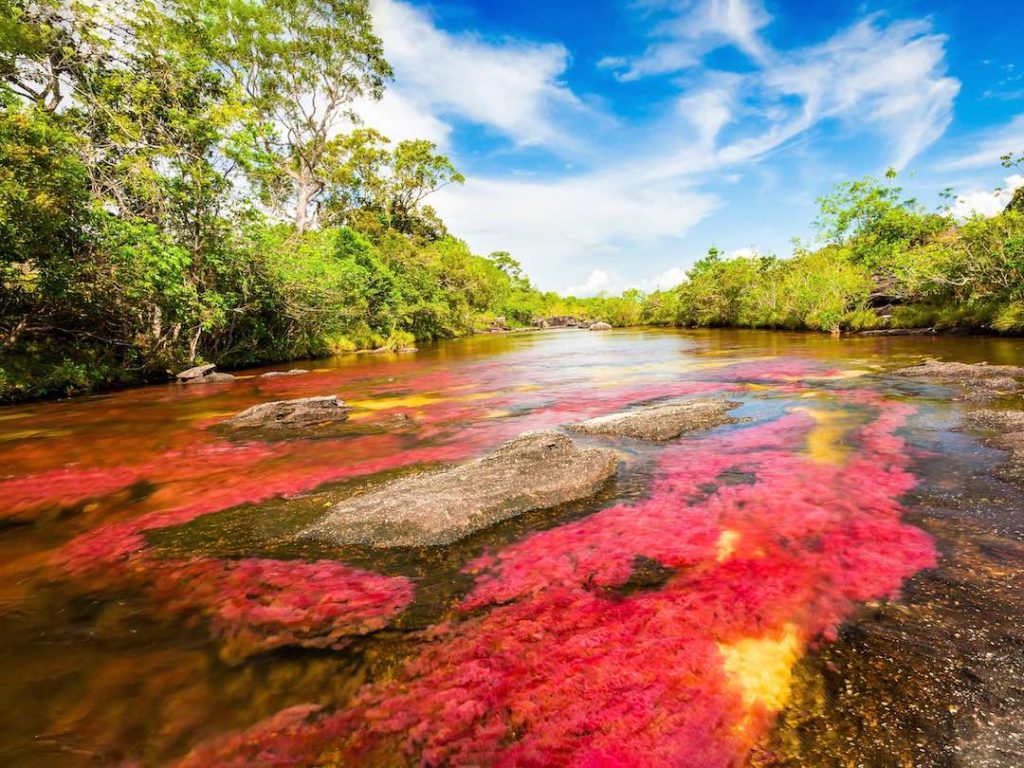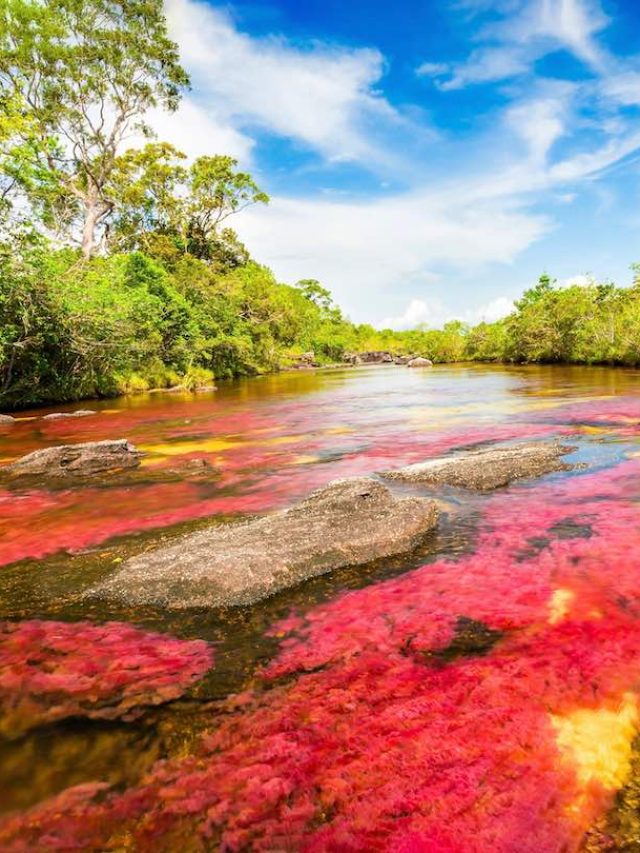Since access to clean water, air, efficient waste management, and adequate sanitation directly improve life quality, cleanliness has a substantial impact on an individual’s longevity. Elevated levels of pollution are associated with a rise in non-communicable diseases, which account for 74% of worldwide fatalities, with 16% being associated with toxic pollution, according to the WHO. Since countries with better air quality and sanitation have lower rates of pollution-related illnesses like respiratory and cardiovascular disorders, reducing pollution in all its manifestations is essential to improving global health. Not only do clean settings seem nicer, but they also encourage longer, healthier lives.
In this article, we shall be looking at many such countries that are considered the cleanest in the world.
The Environmental Performance Index
While mapping the cleanest countries in the world, there is an Index that is used, that index is called Environmental Performance Index (EPI). Researchers at Yale and Columbia Universities developed the Environmental Performance Index (EPI) in collaboration with the World Economic Forum (WEF) to evaluate the environmental cleanliness and friendliness of 180 countries. The EPI measures 40 performance indicators across 11 categories, focusing on ecosystem vitality, climate change performance, and environmental health. These categories include air quality, water and sanitation, biodiversity, and sustainability. The resulting scores rank countries from cleanest to dirtiest, helping them assess and improve their environmental policies.
1. Iceland
Iceland boasts an impressive Environmental Performance Index (EPI) score of 93.5, reflecting its commitment to environmental health and sustainability. With a GDP per capita of $36,000 and a population of 311,000, Iceland stands out for its exceptional air quality. In the air pollution’s effect on humans, Iceland scored a remarkable 97.4, significantly higher than the average score of 84.8 for countries with similar GDP per capita. This highlights Iceland’s effective environmental policies and dedication to maintaining a clean and healthy environment for its residents.
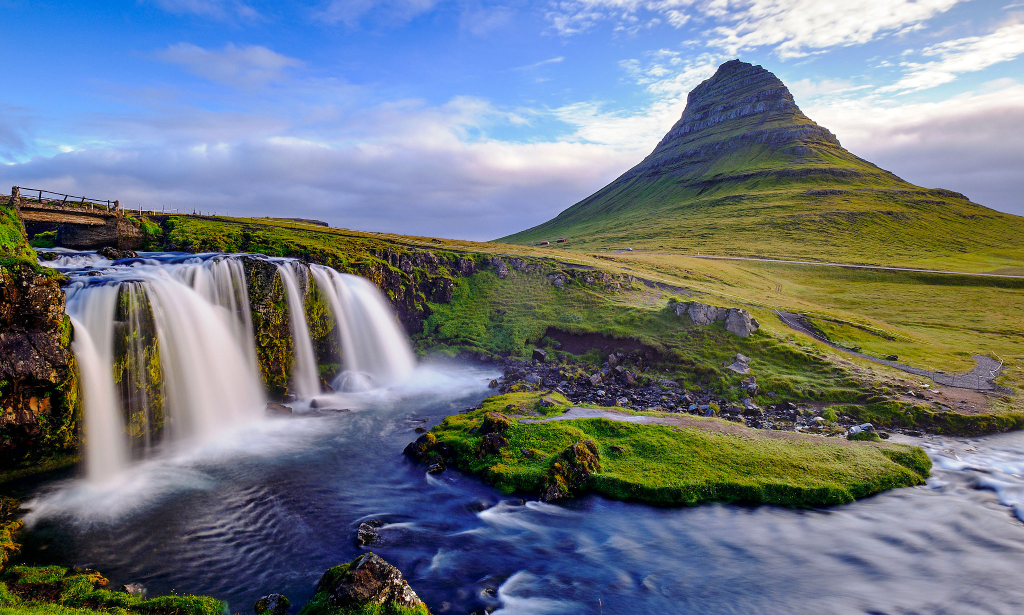
Image: Urs Meyer, nationsonline.org
2. Switzerland
Switzerland has an excellent environmental performance, scoring 89.1 on the EPI. It excels in forestry, water quality, and biodiversity, all of which receive perfect scores of 100. Switzerland upholds strict environmental regulations despite scoring lower than other industrialized nations in air pollution (impact on the ecosystem). Its GDP per capita is $37,000. Its robust infrastructure and sophisticated market economy both contribute to its excellent standard of living (CIA) (GlobalEDGE)

3. Costa Rica
Despite having a population of 4.5 million and a GDP per capita of $9,600, Costa Rica ranks third in the world with an EPI score of 86.4. This accomplishment is a testament to the nation’s enormous natural resources, which include a wide variety of species, thick forests, and water. Costa Rica seeks to avoid the typical environmental degradation found in developing countries by concentrating on sustainable development. The nation gladly touts its strong EPI ranking and dedication to environmental protection to draw tourists.

4. Sweden
This country boasts the best air and living state with the EPI 86. Renowned for its commitment to sustainability, Sweden stands out as one of the world’s leading countries in terms of low carbon dioxide emissions and the utilisation of renewable energy. The nation emphasizes the importance of nature, having significantly increased greenery and preserved vast tracts of forestland. Sweden also achieved a perfect score for marine protected areas in 2022 and successfully maintained its grasslands and wetlands, ensuring the conservation of crucial wildlife habitats.
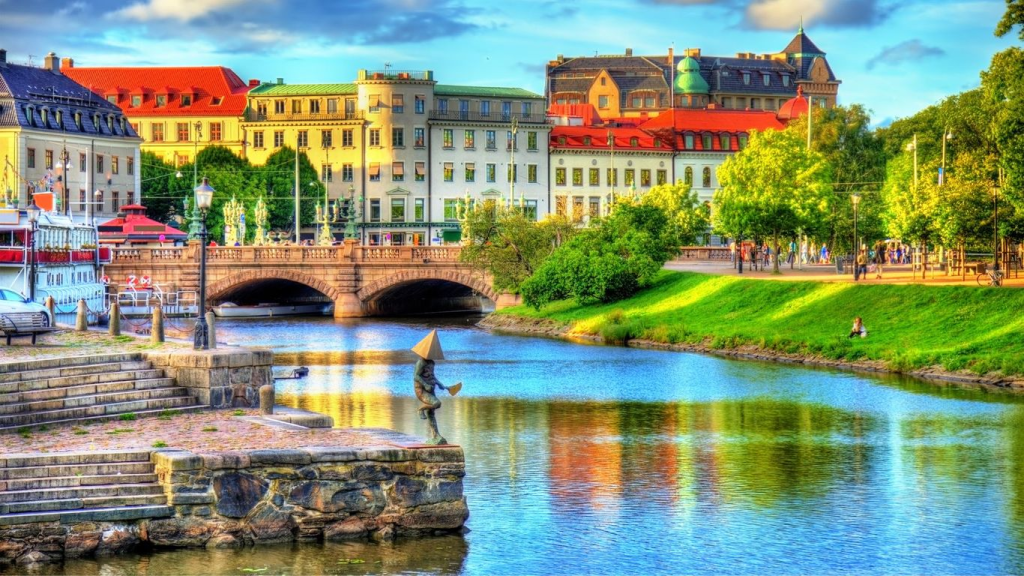
5. Mauritius
Mauritius, a small island nation in the Indian Ocean east of Madagascar, boasts the highest EPI score of 80.6 in Sub-Saharan Africa, with Djibouti following at 60.5. With a GDP per capita of $10,000 and a population of 1.3 million, its isolation helps maintain low pollution levels, attracting tourists to its pristine marine areas.
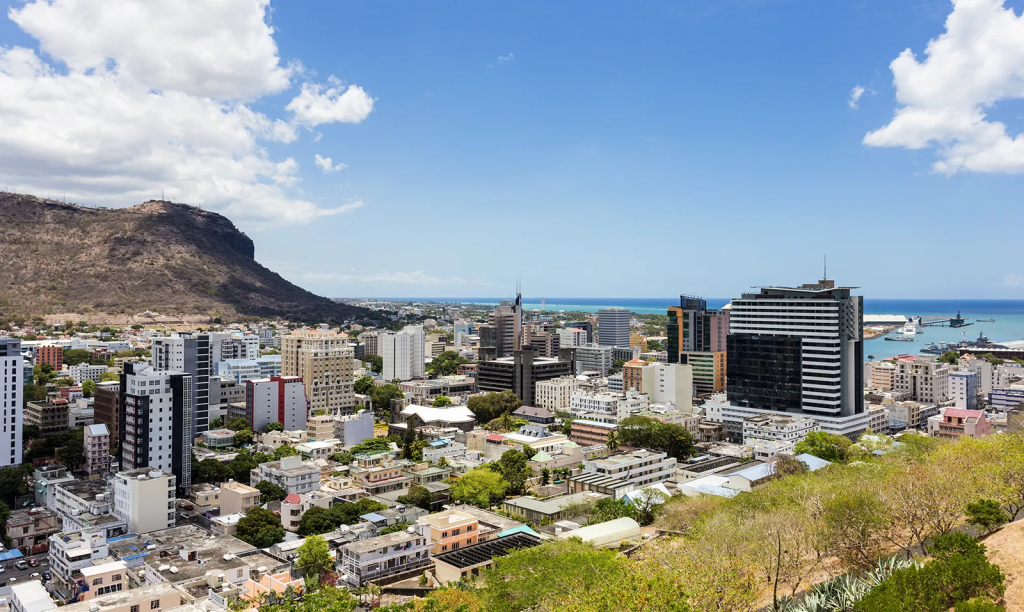
6. Denmark
With an impressive EPI score of 77.9, Denmark ranks as the cleanest and most eco-friendly country according to the 2022 EPI Results. The nation excels in various categories, earning perfect scores in wastewater treatment, marine protected areas, and heavy metal management. Denmark is also lauded for its robust policies aimed at reducing greenhouse gas emissions and addressing climate change. This dedication to sustainability is reflected in the rise of eco-friendly hotels, solar-powered boats, and a strong emphasis on organic food across the country.
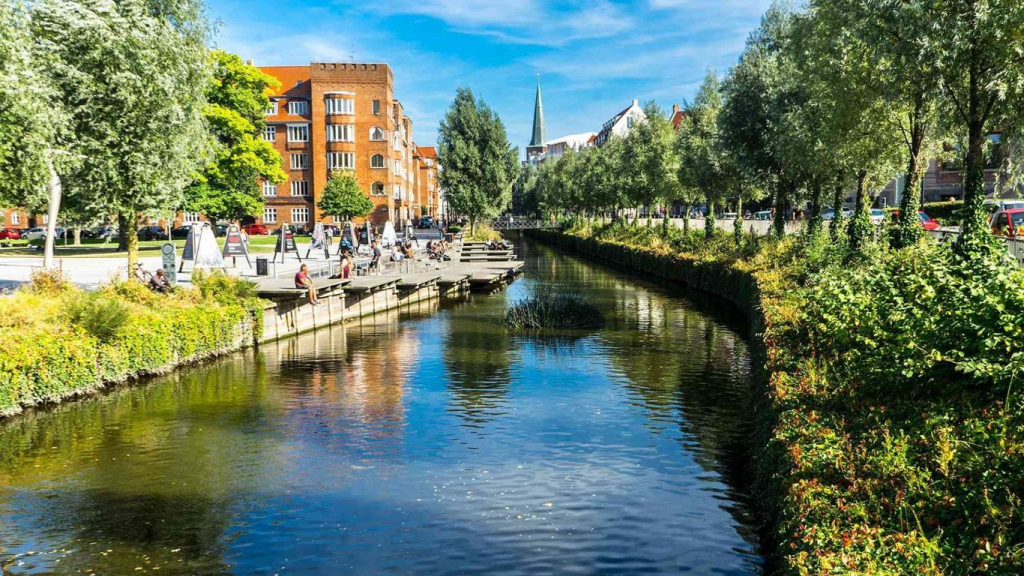
7. Norway
Norway is a remarkably wealthy country, with an EPI score of 81.1, supported by large offshore natural gas and oil deposits. With a population of 4.7 million, this wealth translates into a high GDP per capita of $48,000. Interestingly, the countries that burn Norway’s fossil resources are blamed for global warming, not Norway itself.
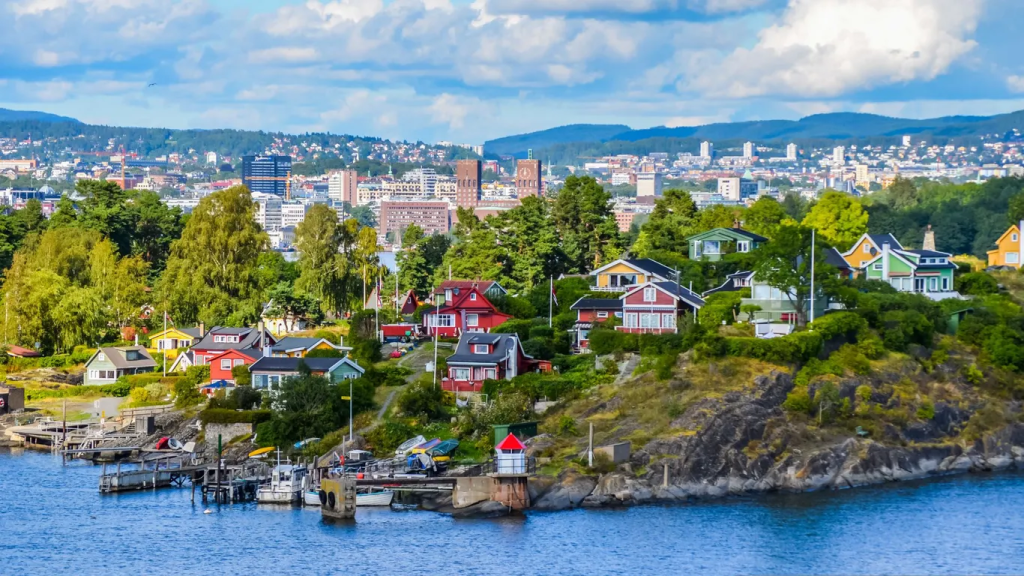
8. Luxembourg
Despite experiencing fast population and GDP expansion, Luxembourg has achieved tremendous progress in mitigating the negative affects on the environment. Luxembourg scored 72.3 overall, but its standings in drinking water (97.8), wastewater treatment (98), and sanitation (100) are more noteworthy.

9. Austria
Austria is positioned alongside France with an EPI score of 78.1, a GDP per capita of $35,000, and a population of 8.3 million. Due to its lack of fisheries, Austria’s landlocked state helps it rank higher, emphasising its flawless score of 100 in biome protection. Austria is well-known for having a clean environment. It does well at managing trash and air quality, and it routinely ranks highly in recycling rates, all of which help to explain why it is considered one of the cleanest nations in the world.

10. Cuba
Cuba is a compelling case, with an EPI rating of 78.1.Cuba’s environmental performance looks substantially better than that of its counterparts with similar income levels, who have an average EPI score of 65.7. This raises doubts about the veracity of Cuba’s claimed data.
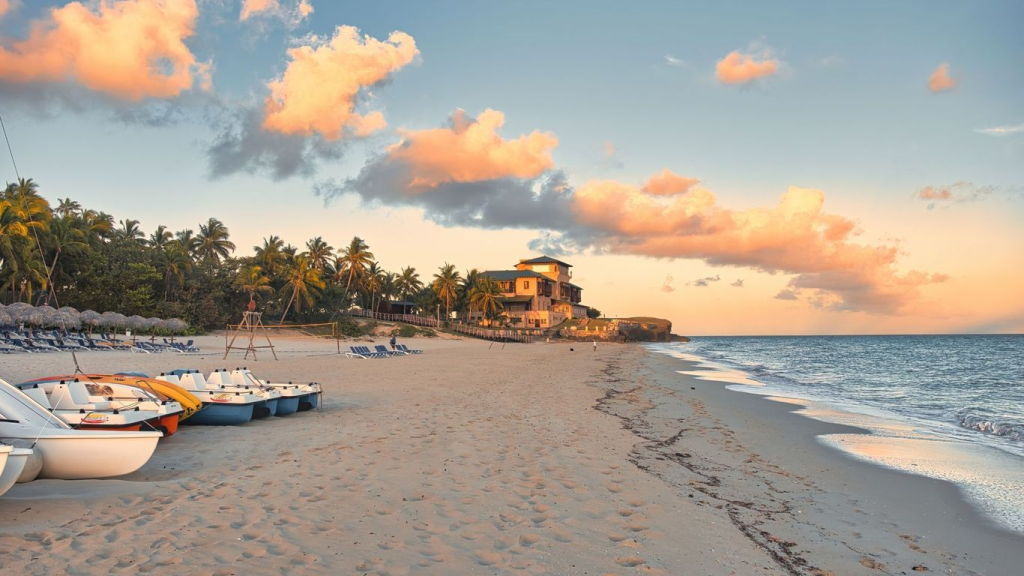
11. Slovenia
Over the past decade, Slovenia has successfully reduced pollution from industrial sources, managing to decouple SOx and NOx emissions from its economic growth.
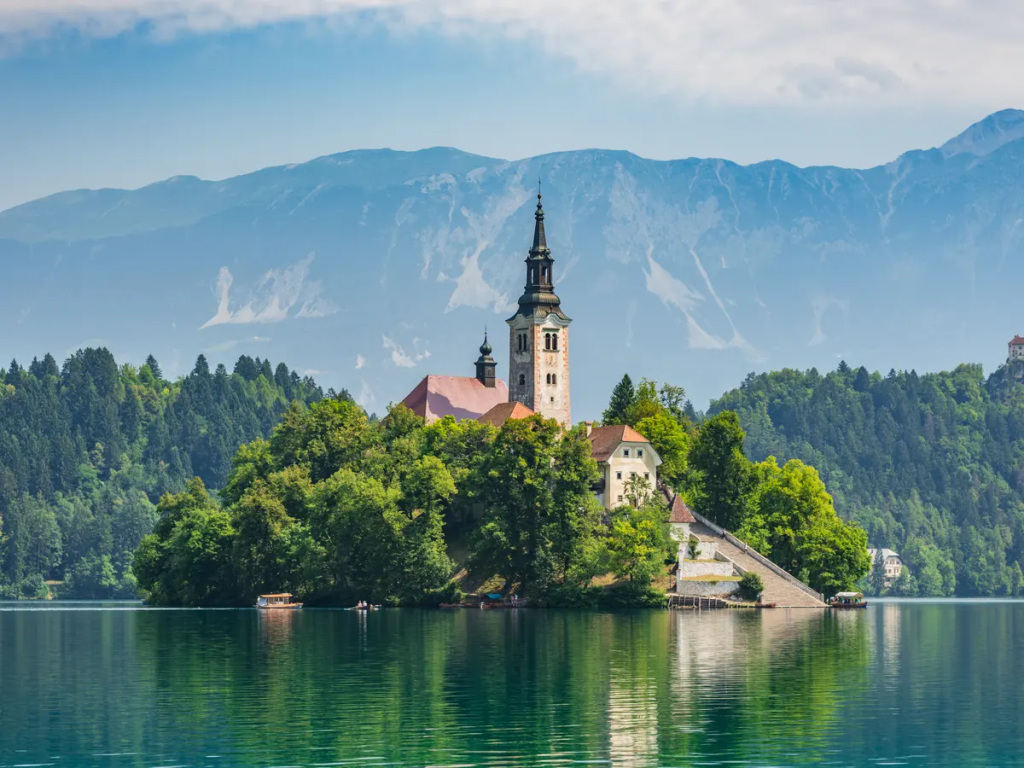
12. Columbia
With an EPI score of 76.8, a GDP per capita of $7,600, and a population of 44 million, Colombia is the lowest-ranked country in the top 10. Its high position is attributed to its rich natural resources, achieving a biodiversity and habitat score of 82.7 compared to the average of 51 for its income group. Low carbon emissions are partly due to abundant river systems that provide about 70% of the country’s electricity through hydropower.


